Document reveals pro-Hadi Yemeni minister involved in smuggling antiquities
A recent classified document has revealed that a high-ranking official from the administration of Yemen’s fugitive former president, Abd Rabbuh Mansur Hadi, is in close contact with criminal networks that loot archaeological goods and artwork from ancient heritage sites across the war-stricken country, and sell them to antiquities traffickers.
The document, recently leaked by Saudi Arabia’s Oversight and Anti-Corruption Authority (Nazaha), shows that networks affiliated with pro-Hadi Yemeni minister of information Muammar al-Aryani are smuggling antiquities out of the country, and the artifacts later head for the European black market through Saudi territory.
It went on to say that smuggled antiquities are sold at very low prices in the European market, and that a large number of the objects have been discovered inside a building on the outskirts of the Saudi capital Riyadh.
According to the document, Saudi Arabia's ambassador to the United Kingdom, Prince Khalid bin Bandar bin Sultan, has written a letter to the chairman of the Oversight and Anti-Corruption Authority, Mazen bin Ibrahim al-Kahmous, informing him that London police had arrested a number of antiquities traffickers who were Saudi nationals.
Kahmous wrote in response that investigations had revealed that the smuggling network was connected to Aryani.
While the document has been widely circulated among Saudi and Yemeni social media users, Saudi Arabia’s Oversight and Anti-Corruption Authority has opted to deny it.
Yemen's bloody six-year conflict has not spared the country’s rich cultural heritage. It is estimated that more than a million antiquities have been smuggled out of Yemen since the start of the Saudi-led military onslaught.
The Gulf Institute for Democracy and Human Rights (GIDHR) said in a report that the Saudi-led coalition is targeting Yemeni historical and cultural sites in addition to civilian infrastructure.
Chairman of the GIDHR Yahya al-Hadid stated that Saudi-led attacks had destroyed 80 percent of Yemen's antiquities and monuments, and that antiquities experts could not enter the country to repair the cultural heritage site because of the tight blockade on Yemen.
He added that many Yemeni antiquities have either been destroyed or trafficked to Saudi Arabia and the United Arab Emirates.
Some Yemeni treasures have resurfaced in private collections in Persian Gulf countries, including Qatar and Kuwait, Jeremie Schiettecatte, an expert in the archaeology of the Arabian Peninsula at France's National Centre for Scientific Research, said.
He said he believed the destruction of Yemeni heritage elicited less international outcry than the desecration of artifacts in Syria and Iraq because of the involvement of Saudi Arabia, a major market for Western arms, in Yemen's conflict.
“There's a very strong link between the Yemenis and their heritage,” Schiettecatte said.
“(There is) great pride in the period when southern Arabia (modern-day Yemen) was the most advanced society on the Arabian Peninsula,” he noted.
Saudi Arabia, backed by the US and regional allies, launched the devastating war on Yemen in March 2015, with the goal of bringing Hadi’s government back to power and crushing popular Ansarullah resistance movement.
Yemeni armed forces and allied Popular Committees have, however, gone from strength to strength against the Saudi invaders, and left Riyadh and its allies bogged down in the country.
The Saudi war has left hundreds of thousands of Yemenis dead, and displaced millions more. The war has also destroyed Yemen's infrastructure and spread famine and infectious diseases across the Arab country.
D-8’s role in Iran’s economy after Cairo summit
China slams US as ‘war-addicted’ threat to global security
China ‘firmly opposes’ US military aid to Taiwan
VIDEO | Press TV's News Headlines
President Yoon Suk Yeol to be removed from office
At least 19 Gazans killed by Israeli airstrikes since dawn: Medics
Leader: Iran neither has nor needs proxy forces
US fighter aircraft shot down ‘in friendly fire’ amid aggression on Yemen


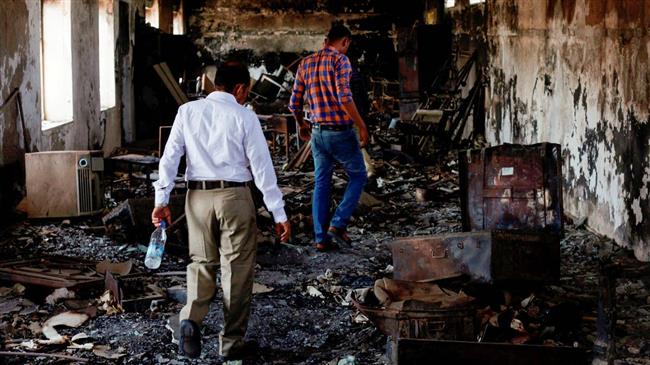

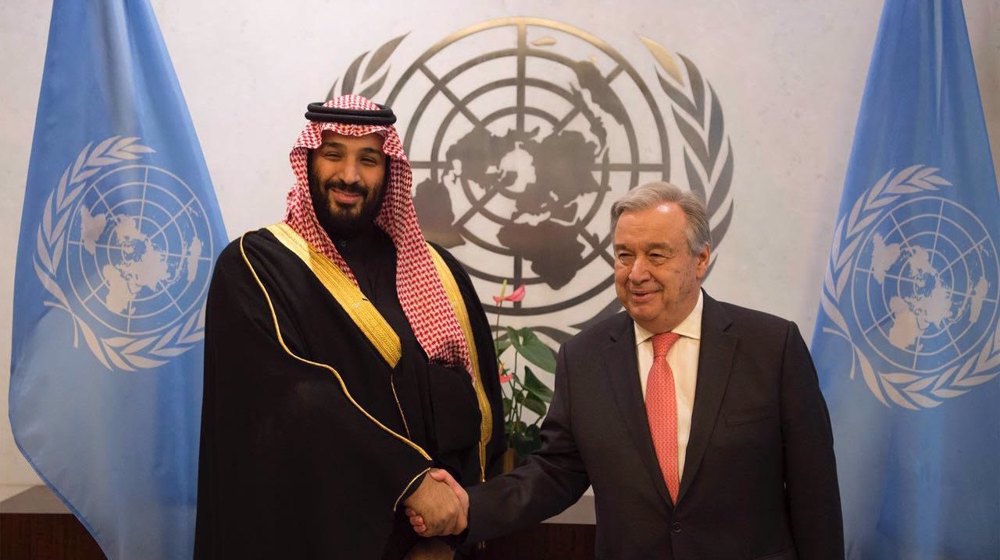
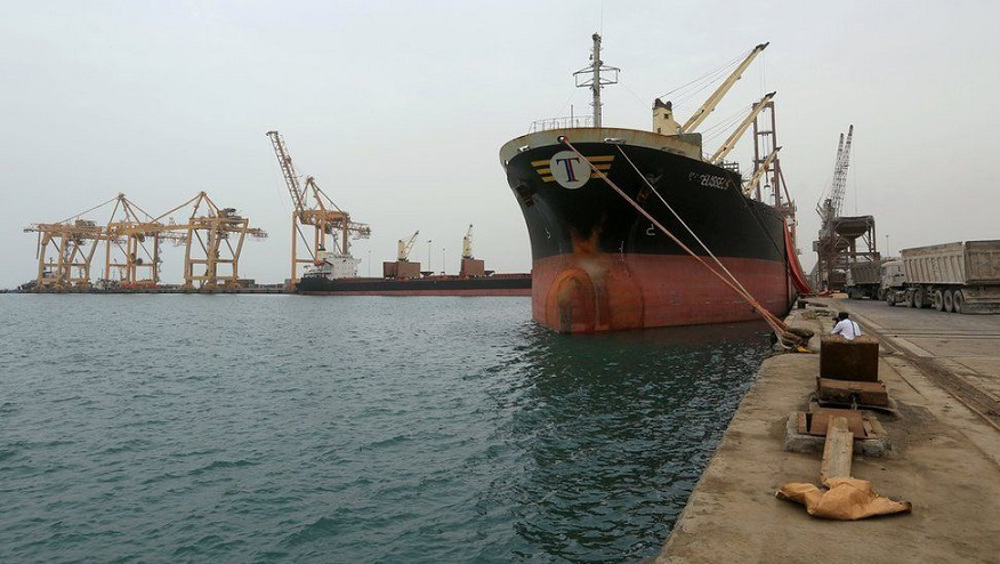

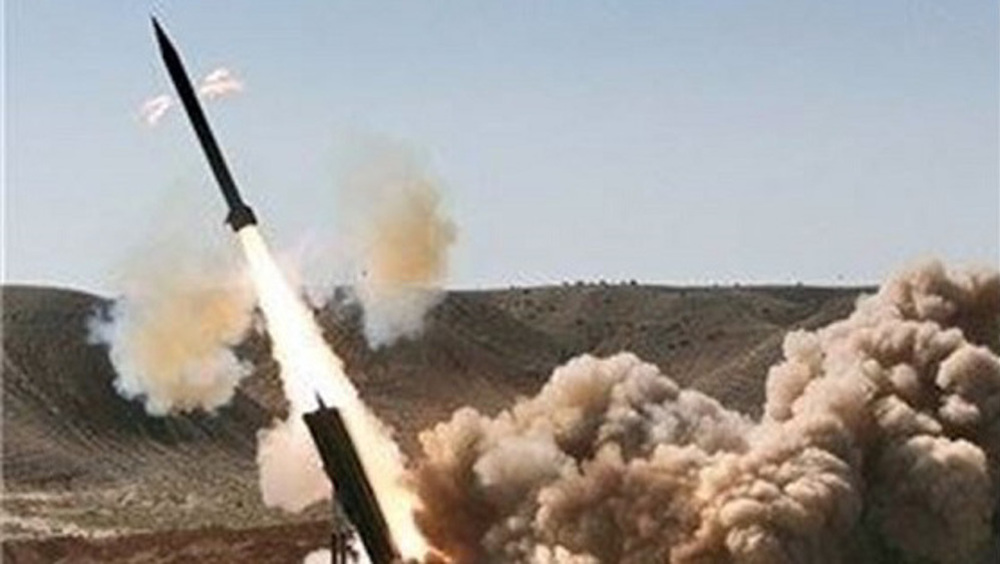
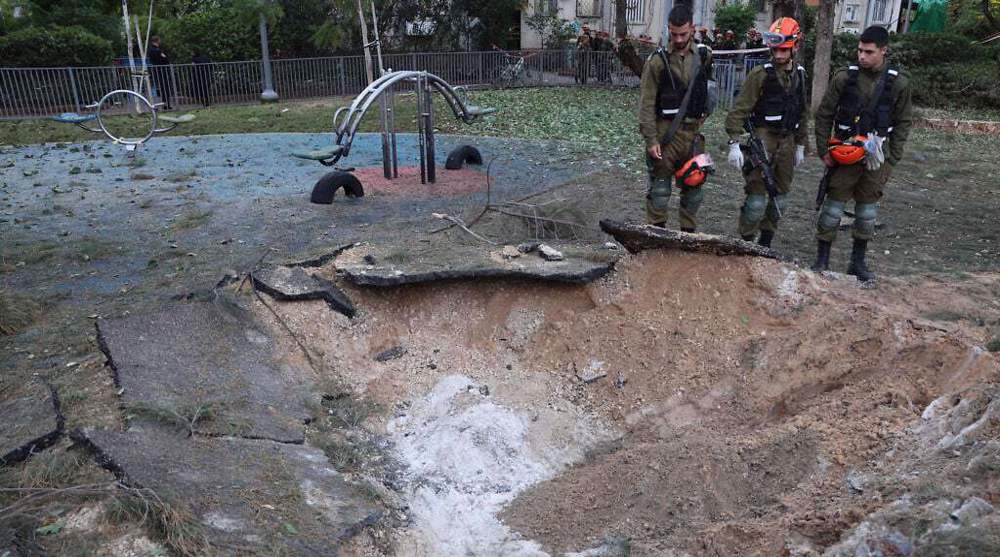








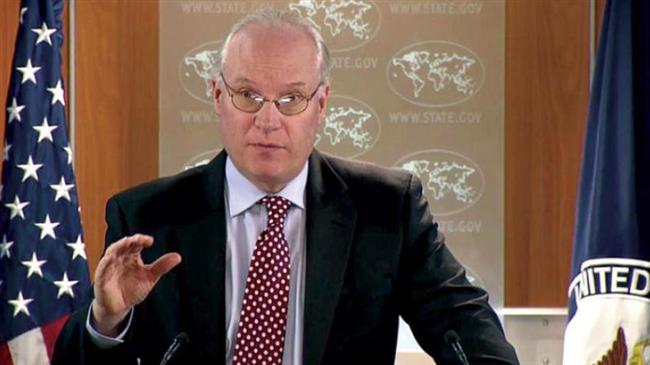

 This makes it easy to access the Press TV website
This makes it easy to access the Press TV website